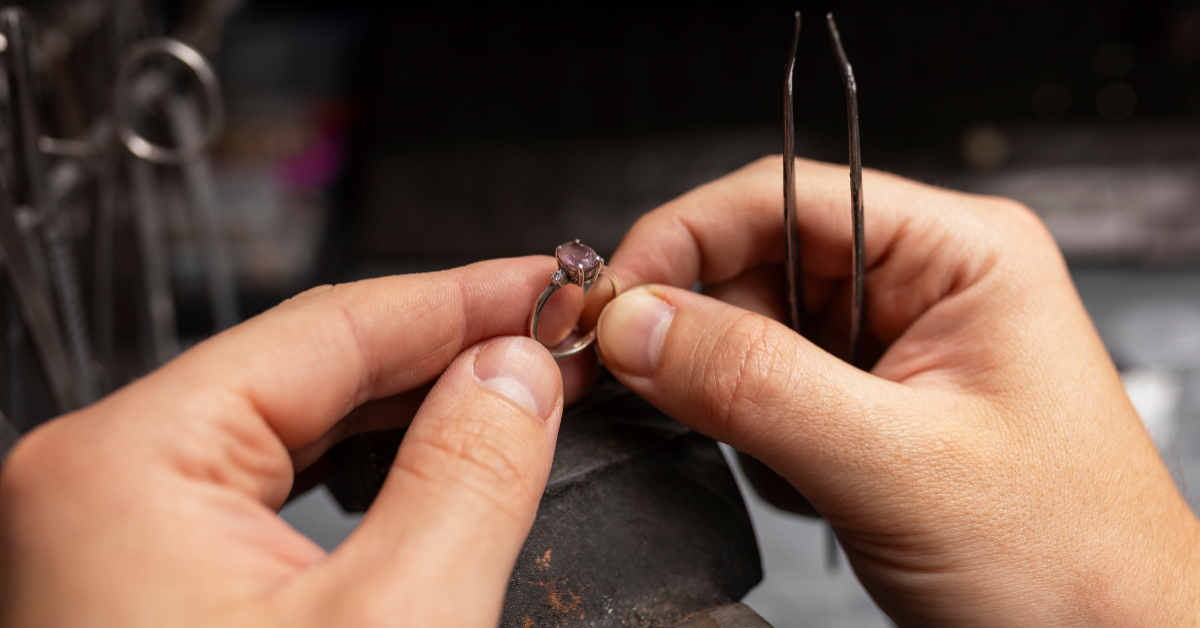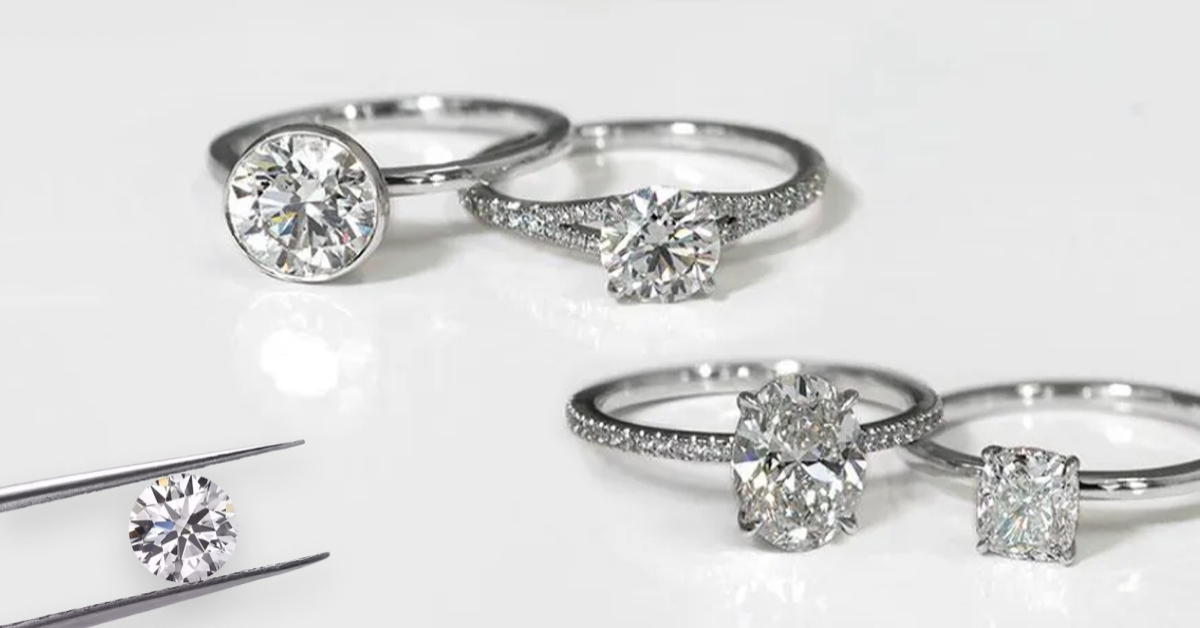
Is Personalised Jewellery a Sustainable Gift?

*Collaborative Post
If you are searching for a gift that is thoughtful, beautiful, and maybe even better for the planet, you’ve probably wondered about personalized jewellery. But is it sustainable, or just another trend?
Here’s an easy breakdown of what makes a customized piece a lasting and eco-friendly gift—along with what to ask and watch for before you buy.
Choosing Durability Over Trends
One thing that sets sustainable jewellery apart is how long it lasts. Plastic, trendy pieces often break or go out of style after a season. By contrast, timeless materials like gold, silver, and real gemstones can last generations, especially when cared for properly and regularly. When you pick a personalised necklace, bracelet, or ring, focus on quality over flash. It’s a gift that holds up, even with daily wear.
Why Personalisation Has Lasting Appeal
A personalized piece rarely collects dust. Whether it’s an engraved message, a special date, or meaningful symbols, you’re buying something designed just for the wearer. And, you have plenty of space for personalization and variety.
Take, for instance, new zodiac signs and gold initial jewels. They continue to rise in popularity because they feel both trendy and deeply personal. Plus, they never go out of style and carry special meaning all year round. That makes them an especially smart, thoughtful gift if you want something the recipient will treasure for years.
Recycled Gold Versus Fairtrade Gold
Not all gold is created equal when it comes to sustainability. For instance, recycled gold uses metal from old jewelry and electronics, which can help significantly reduce the impact of mining processes on the environment.
Fairtrade gold, on the other hand, is mined by workers who are paid fairly and use safer, less damaging processes. Either choice is kinder to the earth and to people—just ask which one your jeweller uses before you buy.
Lab-Grown Stones or Mined Gems?
Gemstone choices matter more than you might think. Traditional mining for diamonds and colored stones can harm the land and its workers. Lab-grown stones are created in controlled environments and are identical to mined ones, without the same environmental or ethical footprint. If you want a truly low-impact gift, lab-grown gems are a strong, no-compromise option.
Repairability: Can It Be Fixed Instead of Tossed?
One overlooked aspect of sustainable jewellery is repairability. Mass-produced pieces might look cute, but if they break, they’re often impossible to fix. Personalised pieces, especially from local artisans or trusted jewellers, are usually easier to repair. This means that they can be passed down through generations and revamped years later. Ask your maker if repairs or resizing are possible. If it can be fixed, it’s likely to last a lot longer!
Low-Waste Packaging
Gift packaging is often an afterthought, but it’s worth considering. Ask your jeweller if they use recyclable materials, cloth pouches, or reusable boxes instead of lots of single-use plastic. Many small makers and online shops now offer eco-friendly packaging, so your beautiful gift doesn’t come wrapped in waste.
Teaching Kids Buy-Once Values with Jewellery
Jewellery offers a natural way to teach kids that special gifts should last. Instead of a dozen cheap trinkets, you can lead by example by investing in one thoughtfully chosen item engraved with their name or birthstone, which can have real emotional value. Explain why you picked quality materials and what makes this piece meaningful. It’s a fun lesson in valuing experiences and objects that last, not just buying more stuff.
Smart Questions for Local Makers
Buying from a local jeweller or artisan is a wonderful way to support small businesses and bring a more personal touch to your gift. The best part? Many independent makers are happy to talk openly about their materials, sourcing, and craftsmanship. Asking a few smart questions helps you make a mindful purchase and ensures your gift matches your values.
Here are some questions you can ask to get a full picture of your jewellery’s story:
- Where do your metals and gemstones come from?
- Is the gold recycled, Fairtrade, or sourced in an eco-friendly way?
- Are your gemstones and diamonds lab-grown or natural? If natural, do you know about their mining practices?
- What is your process for engraving or adding personalisation?
- Who actually makes the jewellery? Is everything crafted in-house or in partnership with nearby artisans?
- What steps do you take to minimize waste or use renewable energy in your workshop?
- Can I visit your studio or see your work in progress?
- What kind of packaging do you use? Is it recyclable or reusable?
- Will you repair or resize this item if needed in the future?
- Do you offer any sort of certification or guarantee about the metal or stone’s origin?
- How do you handle leftover materials or scraps from your process?
- Can you tell me about any steps you take to ensure ethical labor or fair wages in your supply chain?
Asking these questions doesn’t just help you make a more sustainable choice—it’s also a way to connect with the story behind your gift. Most makers appreciate your curiosity and are happy to show why their jewellery is as responsible as it is beautiful.
Take The First Steps to Start Gifting Sustainable Jewellery
Personalised jewellery can be a truly sustainable gift if you ask the right questions and choose materials with care. By focusing on durability, repairability, responsible sourcing, and lasting personal meaning, you give a present that stands the test of time. Whether it’s a set of gold initial jewels or an engraved pendant for a milestone birthday, your gift offers both style and sustainability—a win for your loved ones and the world.
*This is a collaborative post. For further information please refer to my disclosure page.




